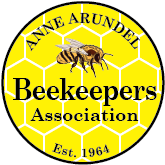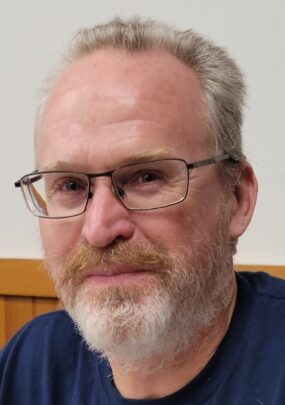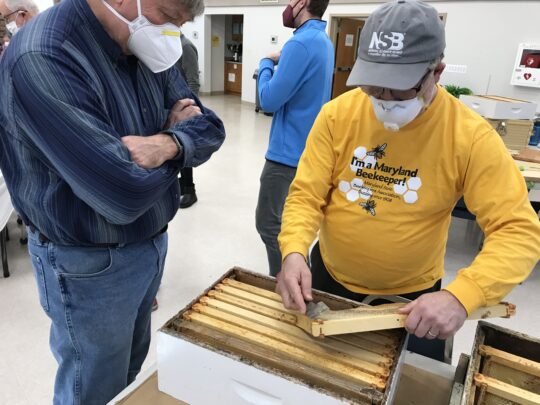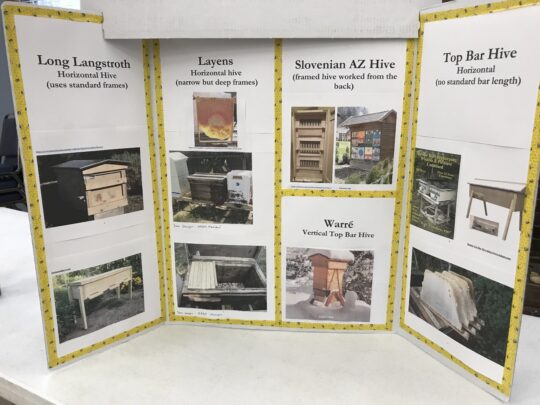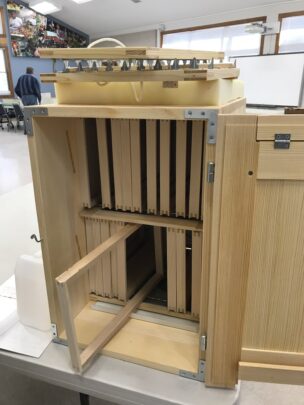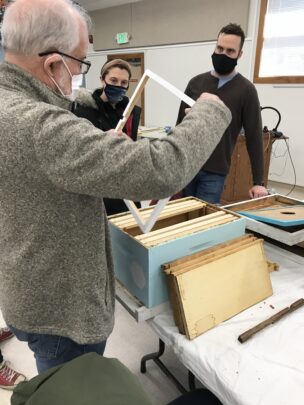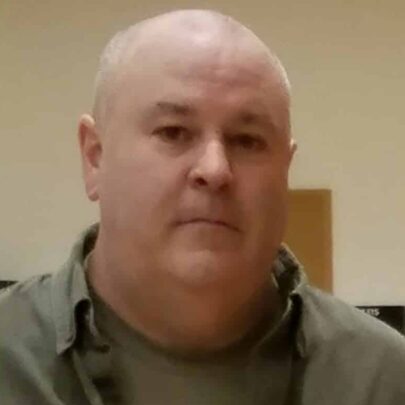Arlington Echo Nature Center Millersville MD
6:30 Hive dive and/or general Q and A discussion.
Please bring your veil and protective gear if you are going on the hive dive.
This will be weather dependent. There will always be beekeepers in the room to answer your questions.
7:00 How to use the varroa management tool, to make your own treatment decisions
7:30 Allan Storm: When do you start to prepare for overwintering?
A big concern for beekeepers at this time of year – after harvesting honey – is worrying about whether or not 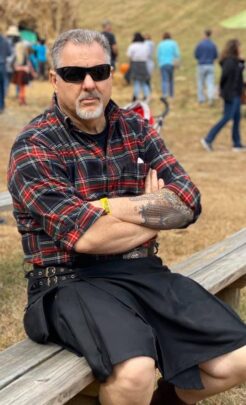
A regular participant and speaker to Anne Arundel and neighboring bee associations, Storm keeps an assortment of, plus or minus, 50 hives which include Langstroth, Slovenian AZ, Layen, Warre and Top Bar. Having traveled internationally, he has observed beekeeping methods in Japan, Korea, Spain, Thailand, the Balkans, and Turkey – culminating with studying with the Beekeeping Academy of Slovenia where he was first introduced to Slovenian AZ hives. Now with over 16 years of “consecutive” beekeeping, here in Maryland as well as in Belgium. He has completed University of Montana’s online Beekeeping Certificate program which consists of three university-level courses at the apprentice, journeyman, and master levels, culminating in a certificate as a “Master Beekeeper” And as a veteran he has completed University of Michigan’s “free” on-line beekeeper’s course. He belongs to the Anne Arundel Beekeepers Association, Bowie/Upper Marlboro Bee Association (BUMBA), and DC’s Bee Alliance (DC’s association of beekeepers) and enjoys teaching during their beginner classes. He is also the Maryland Apiary Inspector for Anne Arundel, Calvert, St. Mary’s and St. Charles counties under the guidance of Cybil Preston, the Maryland State Apiary Inspector and will hopefully finish his Maryland Honey Judge apprenticeship after this year’s Maryland State Fair.
